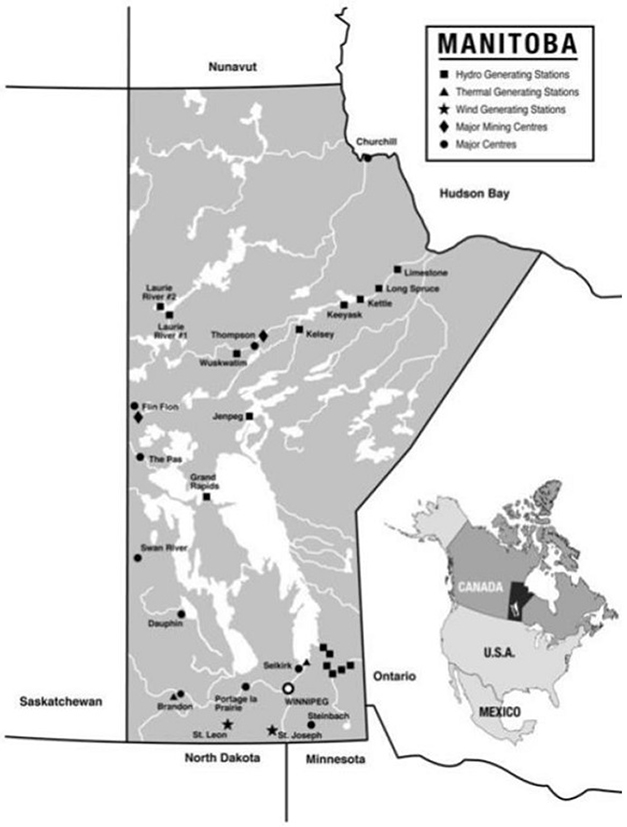The CST is a Government of Canada block transfer to provinces and territories in support of post-secondary education, social assistance and social services, including early childhood development and childcare. It is allocated on an equal per capita basis and includes a 3% automatic annual escalator. The Province budgeted $576 million in CST revenue in 2022/23, up from $561 million received in the previous fiscal year.
The Fiscal Arrangements Act has a provincial revenue stabilization provision that provides for federal grants and interest-free loans if revenue from a province’s own source revenues plus Equalization falls below 95% of the previous year’s level, excluding variations in natural resource revenue.
Summary Government Expenses
Health, Seniors and Long Term Care. For the fiscal year ending March 31, 2023, expenditure for Health, Seniors and Long Term Care was budgeted at $7,507 million, down from $7,633 million expensed in fiscal 2022 and an increase of 0.7% over the prior year’s budget. This is the largest single expense category and represents 37.7% of the Province’s total budgeted Expenditure Estimate. Health includes the Universal Health Benefits Plan, under which hospital and medical care is available to Manitoba residents without charge. Under this Plan, the Province pays all the operating costs, as well as the debt servicing costs, of approved capital construction for hospitals and personal care institutions. In the 2022/23 First Quarter Report, the revised expense for Health, Seniors and Long Term Care is forecasted to be $7,593 million.
Education. Education expenditure for the fiscal year ending March 31, 2023 was budgeted at $5,266 million, up from $4,814 million expenses in fiscal 2022 and an increase of 5.2% over the prior year’s budget, representing 26.5% of Manitoba’s total budgeted Expenditure Estimate. The majority of this expense provides direct financial support to local school divisions for the approved cost of public schools in the Province, as well as the debt servicing costs of approved capital construction for schools. The additional funds required to operate the public schools, plus any special projects undertaken by the school divisions, are derived from a property tax on the residents of the divisions. The education expenditure also includes financial support for the four universities and the three community colleges in the Province. In the 2022/23 First Quarter Report, the expense for Education is forecasted to be unchanged at $5,266 million.
Families. The Province’s social security program provides income security, financial assistance to the elderly, rehabilitation services for physically and mentally handicapped persons and child welfare services. This category represents 10.5% of the Province’s total budgeted Expenditure Estimate. For the fiscal year ending March 31, 2023, expenditure for Families was budgeted at $2,081 million, an increase of 2.5% over the prior year’s budget and a decrease from $2,351 million expensed in fiscal 2022. In the 2022/23 First Quarter Report, the expense for Families is forecasted to be unchanged at $2,081 million.
Community, Economic and Resource Development. Expenditure on Community, Economic and Resource Development was budgeted at $1,949 million for the fiscal year ending March 31, 2023, an increase of 2.9% over the prior year’s budget and a decrease from fiscal 2022 expenses amount of $2,161 million. This represents 9.8% of Manitoba’s total budgeted Expenditure Estimate. The largest item in this category is Agriculture and Resource Development, amounting to $522 million. Expenditure for Provincial assistance to municipal governments was budgeted at $412 million for the fiscal year ending March 31, 2023 and includes funding to support the delivery of municipal services and infrastructure renewals, and grants in lieu of taxes to municipalities. In the 2022/23 First Quarter Report, the expense for Community, Economic and Resource Development is forecasted to be unchanged at $1,949 million.
Justice and Other Expenditures. Expenditure for Justice and Other Expenditures were budgeted at $2,073 million, up from the expensed amount of $1,885 million in fiscal 2022. This category represents 10.4% of the Province’s total budgeted Expenditure Estimate. In the 2022/23 First Quarter Report, the revised expense for Justice and Other Expenditures is forecasted to be $2,178 million.
The Province also provides property and income tax credits that are expensed in department appropriations and cost-of-living tax credits to residents of Manitoba. These credits were budgeted at $268.4 million for the fiscal year ending March 31, 2023.
Debt Servicing. The cost of servicing total direct public borrowings after deducting investment earnings and interest recovery on departments’ capital asset purchases was budgeted at $841.9 million for the fiscal year ending March 31, 2023, up from $774.3 million in fiscal 2022. For the fiscal year ending March 31, 2023, the gross interest expense for the Province’s direct funded borrowings was estimated to be $1,874.8 million, which was reduced by $28.0 million of interest income, $1,311.8 million on
25

